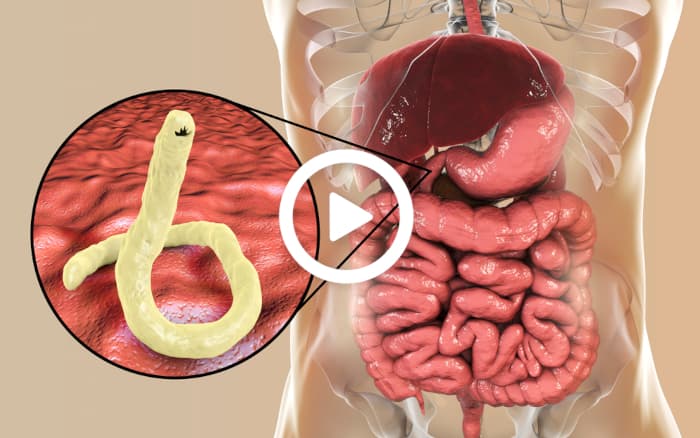Doctor Reacts to INSANE Olympic Athlete Diets!
In the realm of sports, few subjects are as intricate as the dietary habits of Olympic athletes. From calorie-rich regimens to low-carb alternatives, athletes' diets are as varied as their disciplines, each crafted for peak performance.
Calorie intake for elite athletes like swimmers, runners, or cyclists can reach extremes. For instance, while an average adult might consume 2,000 to 3,000 calories daily, Olympians like Michael Phelps may require up to 12,000 calories. This is due to the demands of endurance sports which necessitate a constant, sustained energy supply through grueling training sessions.
Aside from this high-calorie intake, there is an ongoing debate on the preferred source of these calories, including whether carbs or fats represent a better energy supply. While the traditional view favors carbohydrates, many athletes are now exploring fat-based energy sources as a viable alternative.
There is a noted shift in nutrition paradigms where a few athletes pivot toward using fats as their primary energy source, challenging the old carb-loading tradition. This change over recent years suggests that what athletes fuel themselves with can vastly differ, depending on whether they lean towards being a "carb eater" or a "fat consumer."
- Traditional runners consume carbs for quick energy and stored glycogen.
- Emerging athletes use fats as primary fuel, transitioning through keto diets.
Several case studies highlight athletes adopting low-carb, high-fat nourishment strategies which claim sustainability over long periods, with an adjustment phase required to retrain their metabolism.
Strength-based sports emphasize high-quality protein intake, essential for muscle recovery and growth. From shakes to eggs integrated throughout meals, protein aids in providing the necessary building blocks for maintaining prowess and agility in competition.
Athletes like Katrina Johnson Thompson incorporate substantial protein across meals, underscoring protein's role in muscle support and repair — truly setting them apart in their physical capabilities.
Now, more than ever, athletes are attuned to the quality of their nutritional sources, aiming for "clean" foods in their diets. This focus, popularized by public figures like Julie Johnston, prioritizes nutrient-rich meals over sheer calorie counting.
"Eating clean can mean focusing strides on food quality as a beacon of nutrition," notes Johnston in her training principles.
Hydration, another pillar of athletic performance, ensures athletes maintain peak function with sufficient intake of water, bolstered by caffeinated teas or sports-specific drinks to tackle any intense session strain.
Despite their diligent regimens, athletes sometimes indulge in comfort foods. These controlled "cheats" do not equate to sinning but rather enable a balanced mission of plauditory harmony, nourishing both body and mind during crunch periods through perpetual dedication year-round.
From Around The Web
Wellness Inbox is a blog & weekly newsletter that curates trending news and products related to health and wellness from around the web. We also gather content from various sources, including leading health professionals, and deliver it directly to you.
Please note that we may receive compensation if you purchase any products featured in our newsletter. Wellness Inbox is not affiliated with, nor does it endorse, any health professionals whose content may appear in our newsletter. The information provided is for general informational purposes only and should not be considered medical advice.
The information provided is not intended to replace professional medical advice, diagnosis, or treatment. All content, including text, graphics, images, and information available is for general informational purposes only. We do not guarantee the accuracy or completeness of any information presented and assume no liability for any errors or omissions. The content is subject to change without notice. We encourage you to verify any information with other reliable sources and consult your physician regarding any medical conditions or treatments.







